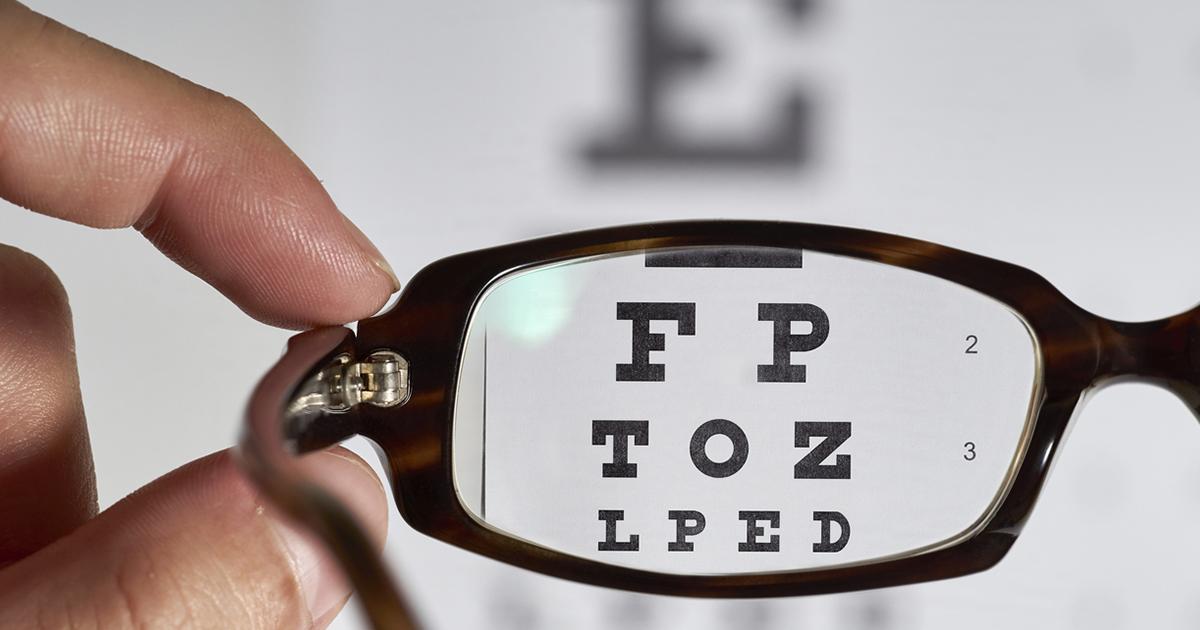Guide To Diagnosing And Treating Leber Congenital Amaurosis
Close Medical Follow Up

Close medical follow up is always a component of treatment in individuals affected by Leber congenital amaurosis. As vision loss occurs and progresses in terms of severity, the individual can be treated for refractive errors up to a certain point. Frequent assessments of vision impairment are important, as the eyes of affected individuals tend to undergo changes more rapidly and frequently than individuals who have healthy eyes. LCA patients also need to be regularly monitored for the development of cataracts, amblyopia, and glaucoma. In rare cases, an individual with Leber congenital amaurosis may also have an intellectual disability, neurodevelopmental delays, and oculomotor apraxia-type behavior. Seizure disorders have also been reported in some LCA patients. Close medical follow up should be done to monitor for these conditions. Leber congenital amaurosis is also associated with senior Loken syndrome and Alport syndrome, both of which can affect how a patient's kidneys work. Kidney function may need to be checked frequently in LCA patients.